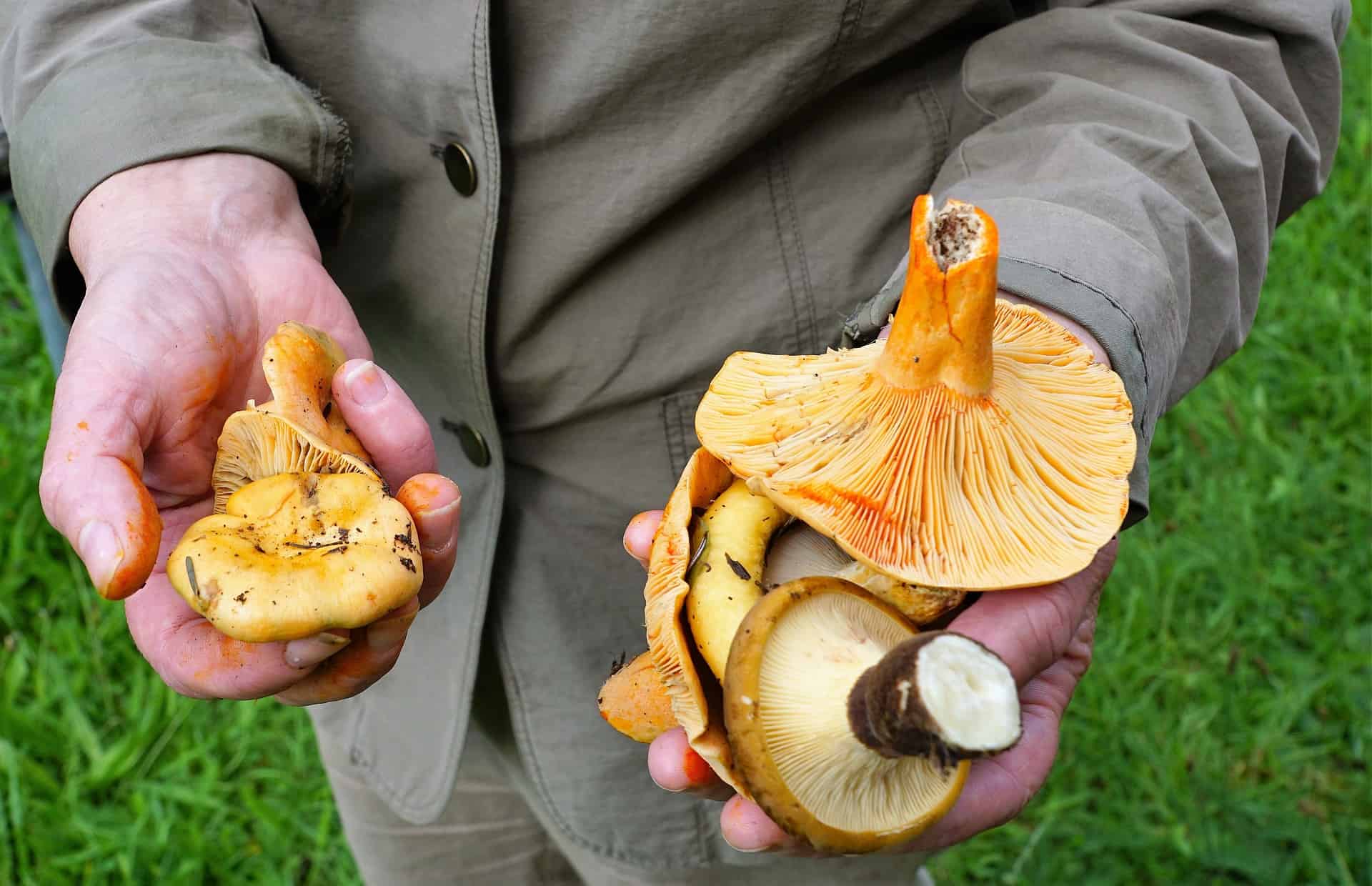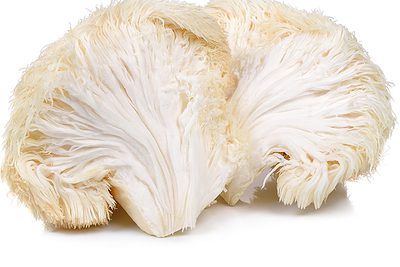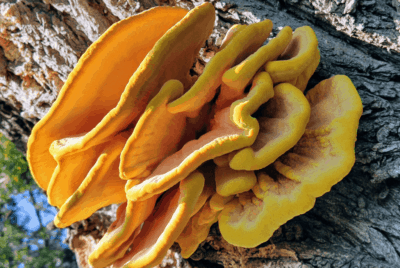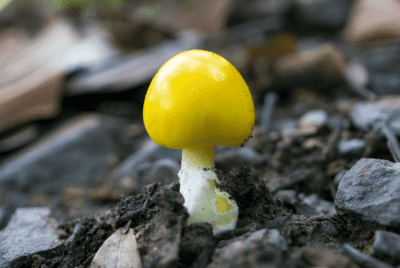Mushrooms have become increasingly popular in recent years. Easy to grow at home and profitable, they’ve been a boon for home growers and mushroom farmers alike. Mushrooms take up very little space and are ideal for growing in small spaces, which makes them great for apartment dwellers.
If you’re new to growing mushrooms, it can be challenging to know where to start. This article will look at the most common types of mushrooms that are easiest to grow in home conditions and their benefits.
These include:
- Oyster Mushrooms
- White Button mushrooms
- Enoki Mushrooms
- Lion’s Mane
- Winecap Mushrooms
-
Oyster Mushrooms
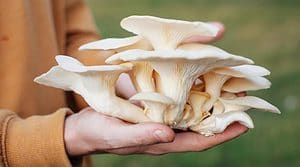
Oyster mushrooms (Pleurotus ostreatus) are one of the best varieties for beginners because they grow fast and can live on almost any organic material, including sawdust, wheat straw, sugarcane, coffee grounds, cardboard, and more. Because oyster mushrooms are primary decomposers, they can break down any organic matter and use it for food.
Oyster mushrooms can be grown so quickly that the mushroom crop is often harvested before any other species of fungi have had a chance to contaminate it.
Oyster growers can choose from a variety of species. Some strains of the plant can grow in tropical regions, and some are suited to more temperate climates. Some varieties tolerate high levels of CO2 and can be grown in small spaces. Some need fresh air and are more suitable to grow in large rooms.
Benefits of growing Oyster Mushrooms
- They contain antioxidant properties which help reduce cellular damage
- Reduce the risk of heart disease
- Help in blood sugar regulation
- Supports immune system
-
White Button mushrooms
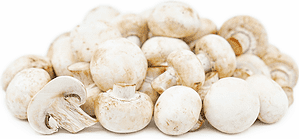
White Button mushrooms are among the easiest types of mushrooms to grow for a few key reasons. They can thrive in total darkness, so they can be grown under a bed or inside your basement. They require little care and grow best in a high-nitrogen medium (such as horse manure or compost).
Button mushrooms can also be grown all year round, but winter is the best season for growing them-a great opportunity to get back into gardening when everything outside is cold and bleak.
White button mushrooms can be used in a variety of culinary applications, including raw and cooked recipes such as baking, roasting or sautéing. They also make an excellent substitute for cremini (or brown) mushrooms in many recipes.
Benefits of White Button Mushrooms
- Improve Metabolism
- Boost immunity
- Antioxidant compounds that reduce the risk of cancer
- Contain ergothioneine and glutathione, which reduce aging
-
Enoki Mushrooms
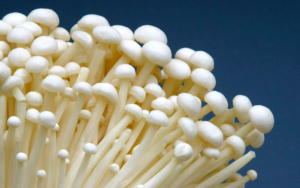
Enoki mushrooms are also known as velvet shank, enokitake, or winter mushrooms.
They fruit in the winter and need very little light to grow, which makes them a perfect option if you’re looking for an easy-to-grow mushroom that can be grown in a cellar or basement. Enoki mushrooms are cultivated on decaying logs, so you’ll need to make your own wood substrate.
Enokis tend to be delicate and cook easily; they taste best when used in soups or served raw with other vegetables as part of a salad.
Benefits of Enoki Mushrooms
- Enoki mushrooms have immune-enhancing polysaccharides, FVE protein and ribosome-inactivating proteins.
- Contain anticancer, antiviral, antibacterial, and anti-inflammatory properties,
- Phenols and polyphenols prevent oxidation.
- Phenols and polysaccharides also improve brain function.
-
Lion’s Mane
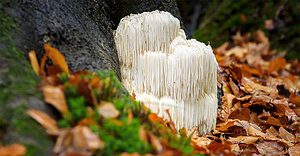
The Lion’s Mane mushroom, with its white cap and brown stalk, can grow to resemble a large snowball. It is an easy-to-grow, fast colonizer and will produce fruit under a wide range of conditions. The Lion’s Mane mushroom grows best on hardwood sawdust mixed with wheat bran. A five-pound substrate block will produce more than a few pounds of mushrooms.
Lion’s mane mushrooms can be eaten cooked, raw, or dried. Most people describe their flavour as “seafood-like” and liken them most closely to crab or lobster.
Benefits of Lion’s Mane Mushrooms
- Lion’s Mane mushrooms contain hericenones and erinacines compounds that stimulate brain cells’ growth.
- The mushroom’s extracts contain anti-inflammatory effects
- Extracts also help stimulate the growth and repair of nerve cells
- Lion’s Mane extract inhibits the growth of H. pylori, and this protects against the development of stomach ulcers.
-
Winecap Mushrooms
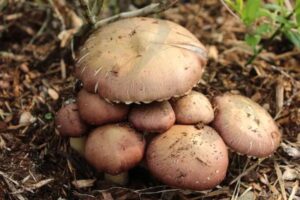
Wine cap mushrooms stand out in appearance, are super tasty, have a high yield, and are easy to propagate. The mushroom’s common name, “wine caps,” comes from their color—their brown or tan caps often look like the deep burgundy of wine.
They are also known as King Stropharia or their Latin name, Stropharia rugosoannulata.
The wine cap is unique among mushrooms because it grows from the ground, not logs or bark. Wine cap mushrooms thrive in small spaces and proliferate, so you can grow a large crop even if your growing area is limited.
Benefits of Winecap Mushrooms
- Wine caps can be a good source of nutrients and minerals, especially for vegans.
- Wine cap mushrooms can be used as a natural form of pest control and also improve soil quality.
Is It Worth Growing Your Own Mushrooms?
Growing your own mushrooms is a great way to save money and get homegrown fresh produce instead of foraging wild mushrooms. You can also use your homegrown mushrooms in recipes or even eat them raw.
Here are a few more reasons why you should grow your own mushrooms.
- Easy to grow: Growing your own mushrooms is easy if you already have the right mushroom growing supplies, such as substrate, harvesting, processing, and cultivation equipment.
- Utilize unused space: Make use of the unused areas in your home, such as a spare room or basement. If you don’t have much space, try growing mushrooms on shelves rather than in containers.
- Save money: Mushrooms are expensive to buy at the store; if you want them fresh, they can be hard to come by, depending on where you live. Growing your mushrooms will save you money in the long run and means you’ll always have some on hand if you need them.
- Source of nutrients: Mushrooms are packed with protein and fiber, both of which have anti-inflammatory benefits. They also contain immune-boosting nutrients that help fight off the symptoms of aging.
Mushrooms are one of the most versatile foods out there. You can eat them raw, cooked or even dried, and they’ll still taste good. You could add any one of these five mushrooms to a dish and enjoy the health benefits inherent in all homegrown foods.

